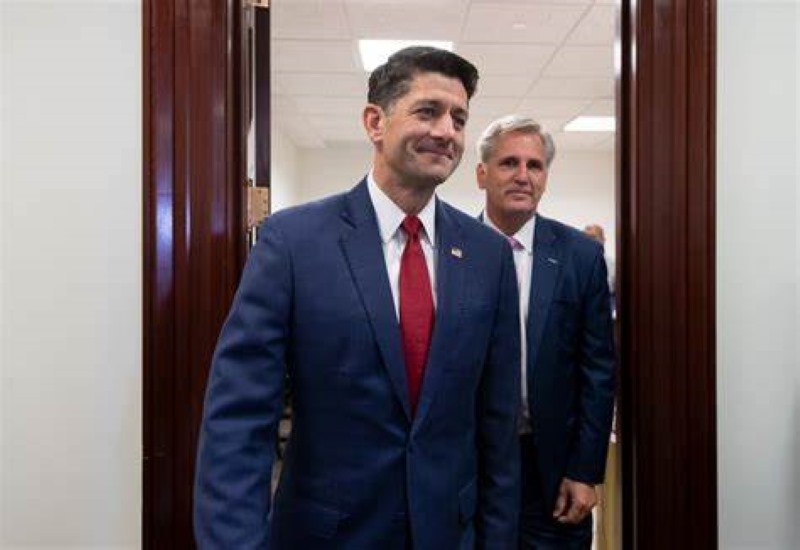Politics
Republicans move forward with proposal that extends tax cuts
Senate Republicans are pushing forward with an ambitious proposal to extend trillion-dollar tax cuts and add new incentives, even amid market volatility caused by tariffs imposed by President Trump. A key vote will take place this Saturday, covering measures on taxes, border security, and military spending.
Democrats Prepare Offensive to Highlight Sensitive Votes on Social Issues
In response, Democrats are planning an overnight marathon to force votes on sensitive issues such as Medicaid, Social Security, tariffs, and tax reform. They aim to highlight internal Republican divisions on the deficit and spending cuts.
Fiscal Proposal Fails to Resolve Internal Disputes Over Budget Cuts
While the budget framework is crucial for Republicans, the current proposal avoids concrete decisions on the scope of cuts. Tensions persist between conservatives in the House, who demand deep cuts, and senators who fear negative impacts on rural hospitals and Medicaid beneficiaries.
GOP Accelerates Tax Reform After Turmoil Caused by Trump’s Tariffs
Tax reform is progressing after the recent imposition of heavy tariffs, which triggered stock market drops. Still, Republicans are seeking to demonstrate tangible progress in an area where the party maintains consensus.

Europe Braces for Trade Clash as Trump Imposes Sweeping Tariffs
Europe leaders remain committed to preserving the transatlantic alliance, but no longer believe…
“We want to solidify proven fiscal policies that provide stability for businesses and drive growth,” stated Senator Mike Crapo (R-Idaho).
Tax Package Seeks to Sustain Growth and Alleviate High Tax Burdens
Republicans defend their plan as crucial for maintaining economic momentum. They argue that the cuts will benefit long-term investment, relying on more optimistic growth projections from the White House compared to the CBO or Tax Foundation.
The combined effect of tariffs and tax cuts would shift some of the tax burden to consumers, reducing pressure on high-income households.
Special Procedure Allows Plan to Pass Without Democratic Support
To secure approval, both chambers must agree on a budget and then negotiate the final package. They are using the budget reconciliation process, which bypasses the filibuster with a simple majority. With tight margins (220–213 in the House and 53–47 in the Senate), Republicans cannot afford many defections.
The preliminary vote passed 52–48, with the only opposition coming from Senator Rand Paul, due to concerns over increasing the debt ceiling.
Medicaid Battle: Focus of Internal Resistance and Democratic Attacks
One of the most contentious points is Medicaid. The House plan includes $880 billion in cuts and requires shifting responsibilities to the states. Several Republican senators are skeptical, while Democrats argue that it would weaken protections for the most vulnerable.
“I don’t see how you cut $880 billion without hurting Medicaid,” warned Senator Susan Collins (R-Maine).


